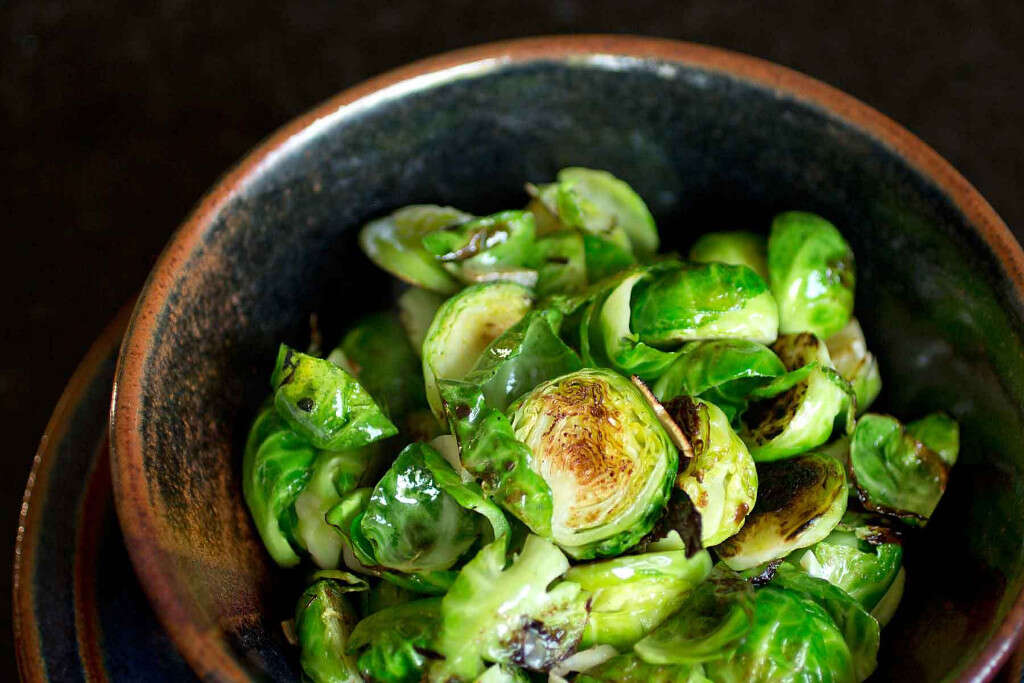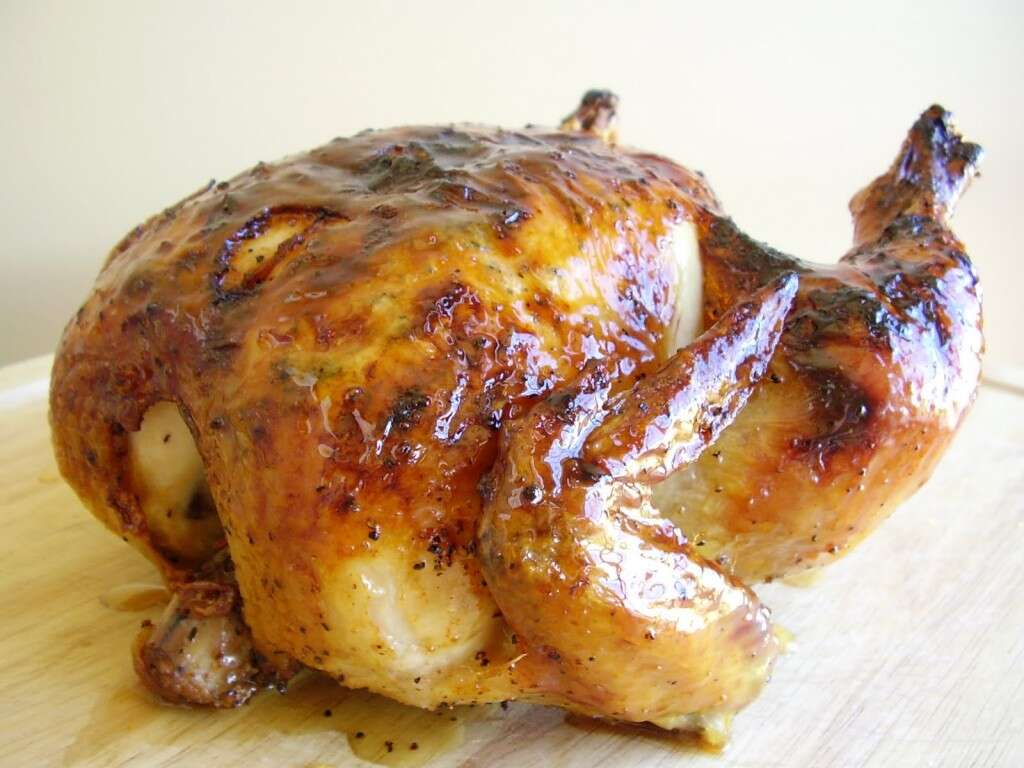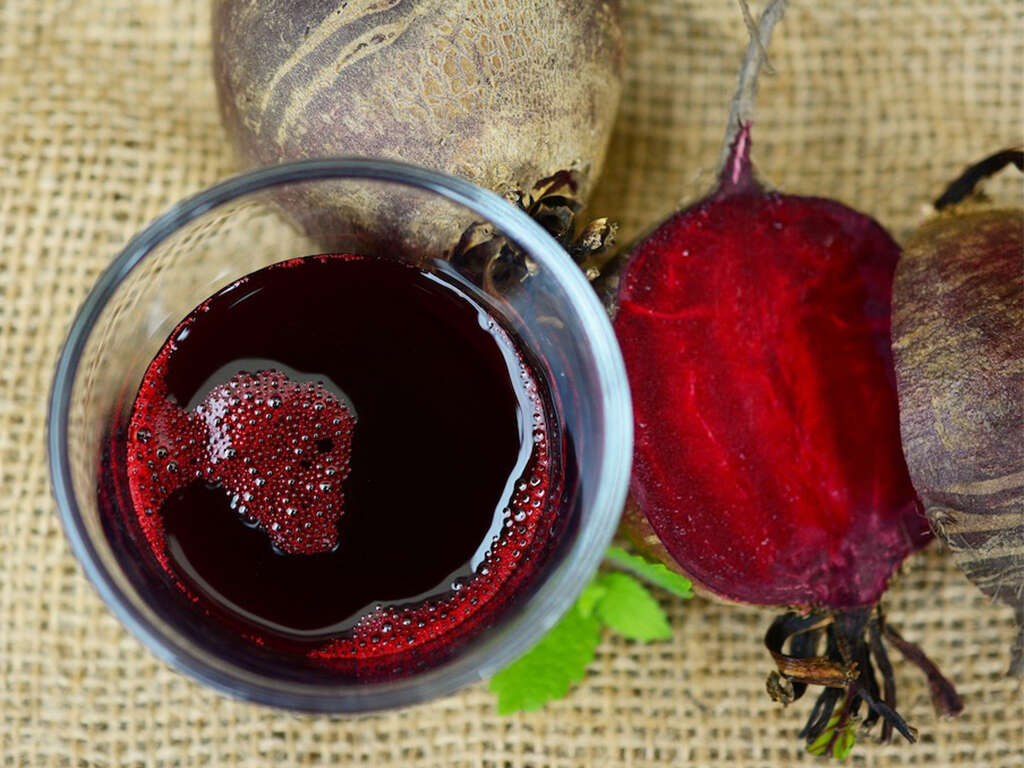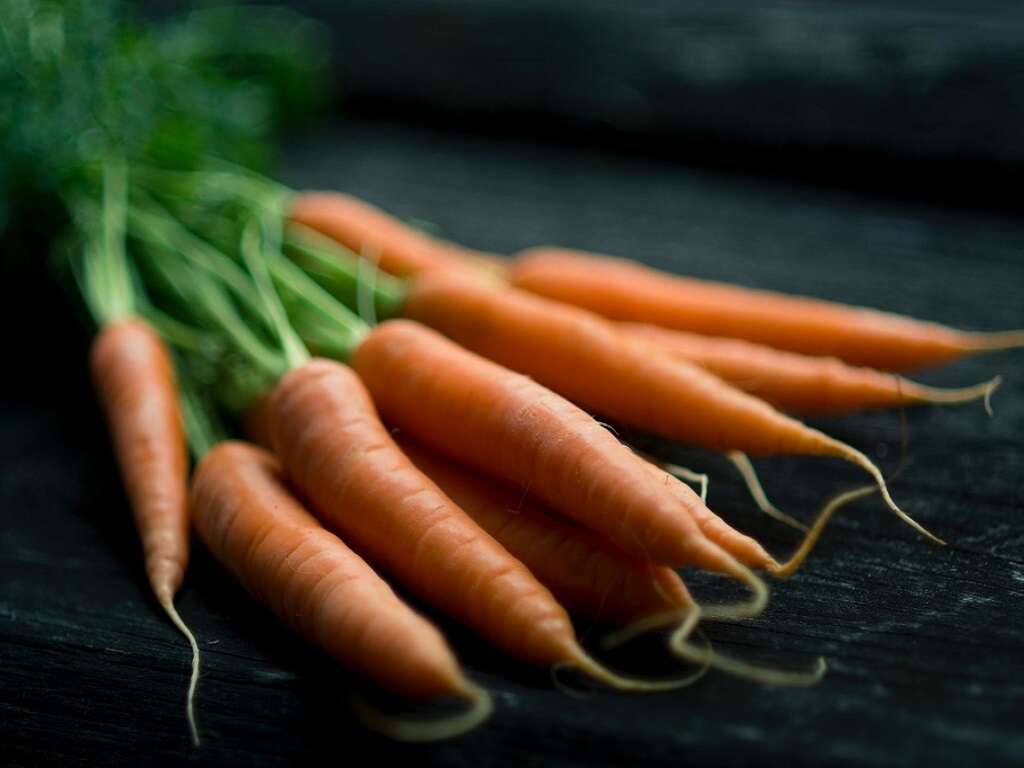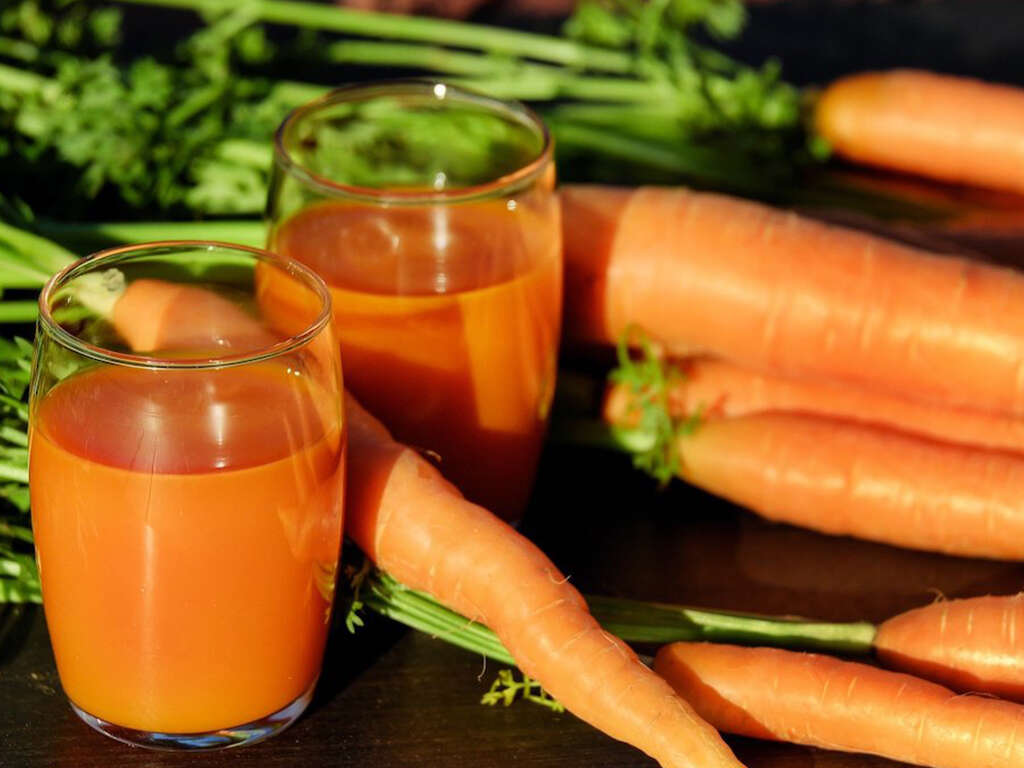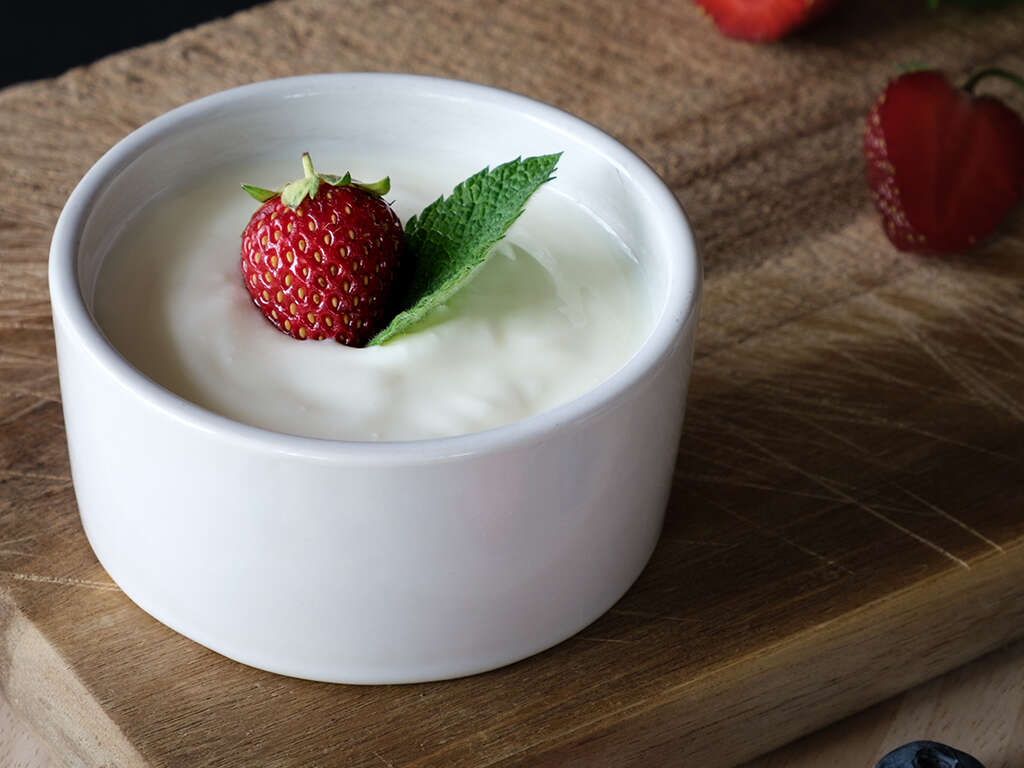10 High Protein Vegetables
We all need protein to stay alive. Indeed, every animal requires protein for growth and maintenance. Protein provides the body with the building blocks known as amino acids which also help to repair tissues. Protein deficiency would lead to weight loss, muscle wasting, liver problems, anemia and low immunity. It follows that irrespective of the kind of diet that you prefer, protein should be one of the main nutrients that you should get from it.
And, while many people associate protein with animal sources like meat and eggs, and plant sources like beans, some vegetables also contain significant amounts of protein. It is no wonder that vegetarians can lead a healthy life on a plant based diet. Whether you are a vegetarian, vegan or otherwise, you definitely want to know which plant based foods are richest in protein. Below are 10 high protein vegetables to consider including in your diet.
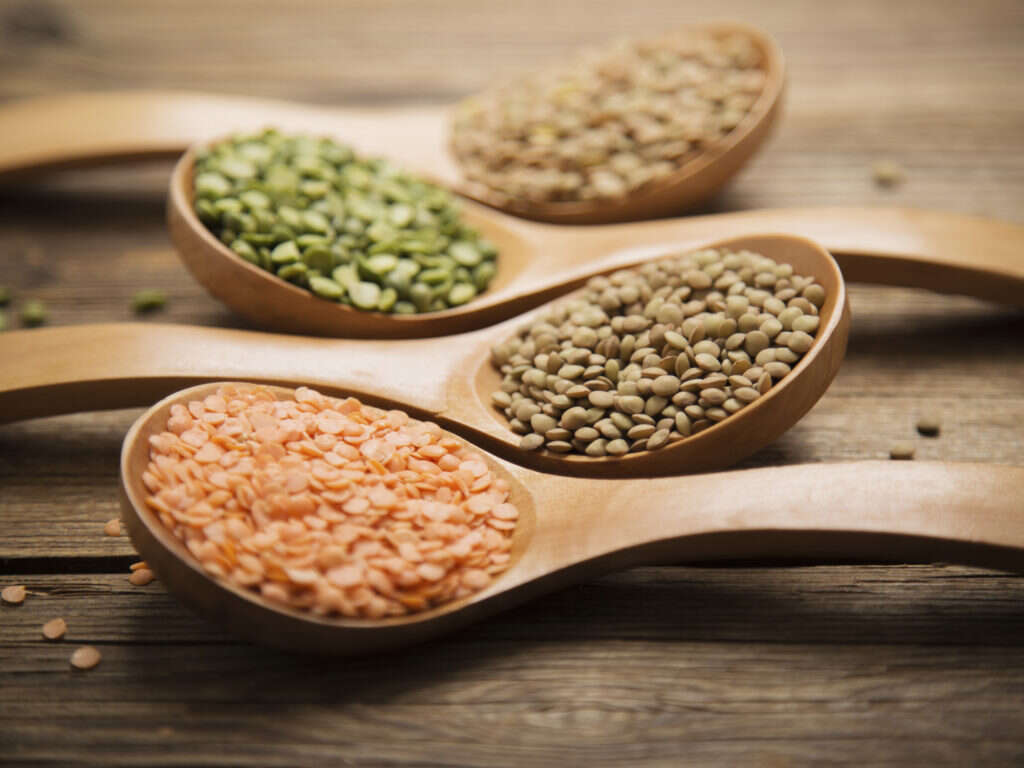
High Protein Vegetable #1: Lentils
Lentils are a rich source of protein. One cup of cooked lentils, which is about 240 milliliters, provides 18 grams of protein. This is about 30 percent of the recommended dietary allowance of protein per day for an adult.
In addition to protein, one cup of lentils provides about half of the recommended daily intake of fiber. They also contain a significant amount of carbohydrate with a low glycemic index. This means that the carbohydrate is digested slowly and therefore does not cause a blood glucose spike. Lentils also contain vitamins like folate, minerals like iron and manganese, and health promoting antioxidants.

High Protein Vegetable #2: Chickpeas
Chickpeas, like other beans are significantly high in protein. One cooked cup of chickpeas contains 15 grams of protein. This is about 26 percent of the recommended dietary allowance of protein for an average adult male. This means that including chickpeas in your diet can provide a substantial portion of the protein that your body needs to remain in good health.
Chickpeas also provide complex carbohydrates and fiber. Complex carbohydrates and fiber help keep you feeling full for longer which is a great thing if you want to shed some weight. Chickpeas also contain micronutrients like folate, and minerals like potassium, phosphorus, iron and manganese besides antioxidants.
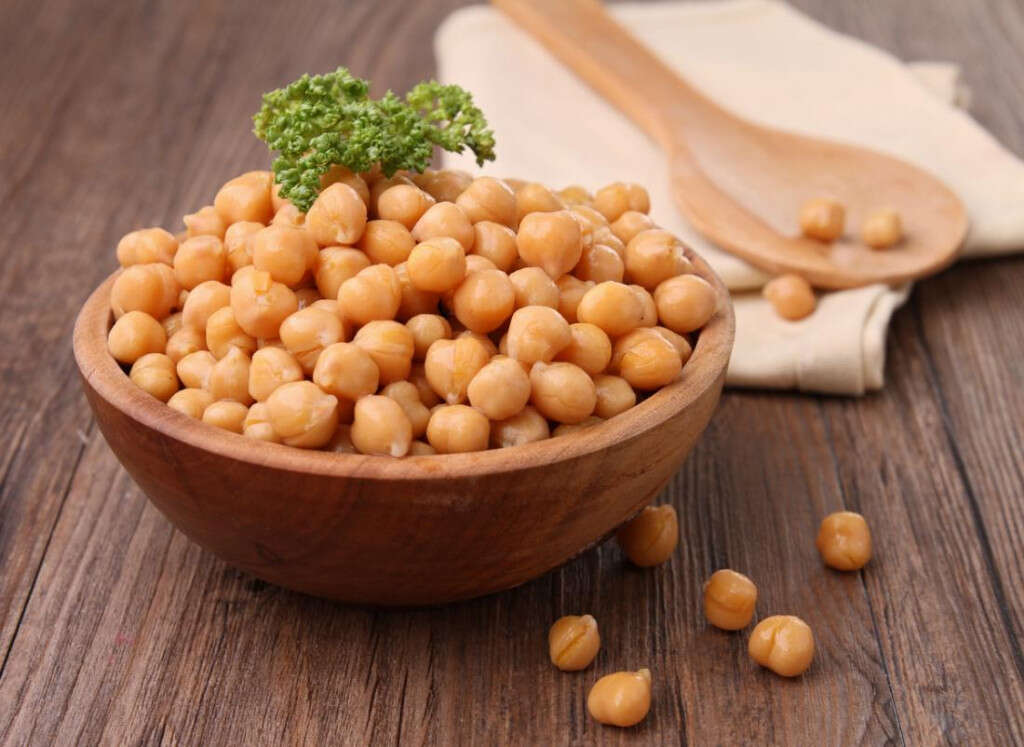
High Protein Vegetable #3: Soybean Sprouts
Soybeans, like other beans is a rich source of protein. But what about soybean sprouts? It turns out that you can get similarly high amounts of protein from sprouted soybeans. One cup of soybean sprouts weighing about 70 grams contains 9.2 grams of protein. This is nearly half the protein you would get from the dried soybeans. But it is still about 16 percent of the recommended dietary allowance of protein per day for an average adult male.
It therefore makes sense to include soybean sprouts in your diet. Soybean sprouts also contain fiber, carbohydrate and vitamins C, folate and K.
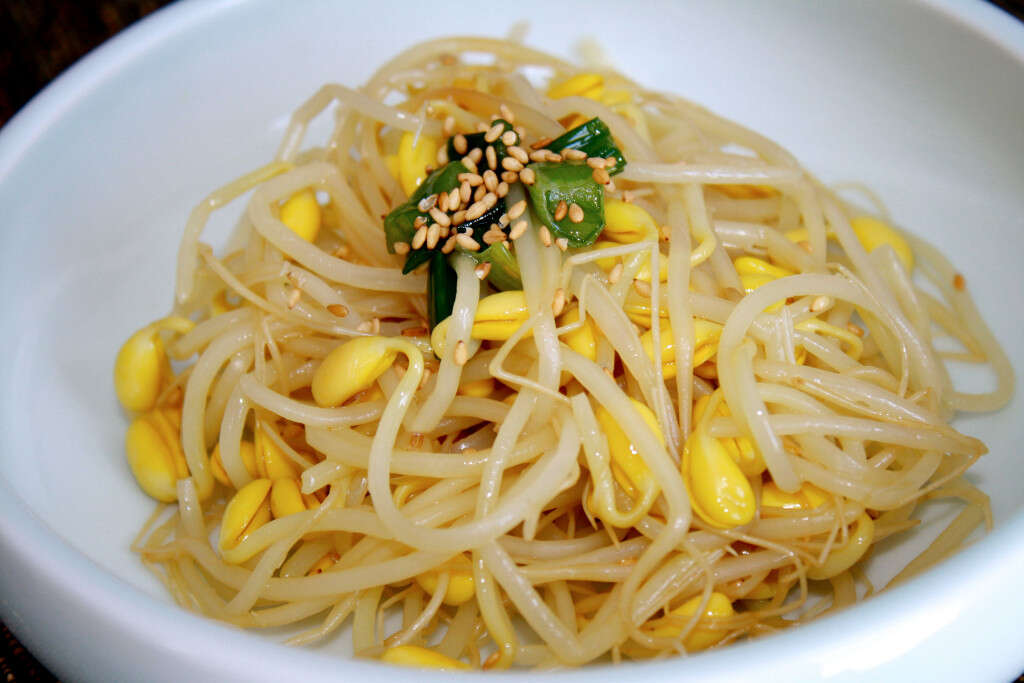
High Protein Vegetable #4: Artichokes
While artichokes have been consumed by man for thousands of years, many people may not know how to prepare or eat them. But artichokes are a great source of protein. One medium sized artichoke weighing about 128 grams contains 4.2 grams of protein.
Artichokes also contain other nutrients like fiber, vitamins A, C, E and K, and minerals like magnesium, zinc, calcium, potassium and iron. Artichokes are an important component of the Mediterranean diet which is known to help maintain good health into old age. Artichokes are relatively easy to prepare, and would be a great addition to your plate. However, they take some time to cook. After cleaning and washing, you can choose to cook artichokes by boiling, steaming, grilling, baking or roasting.
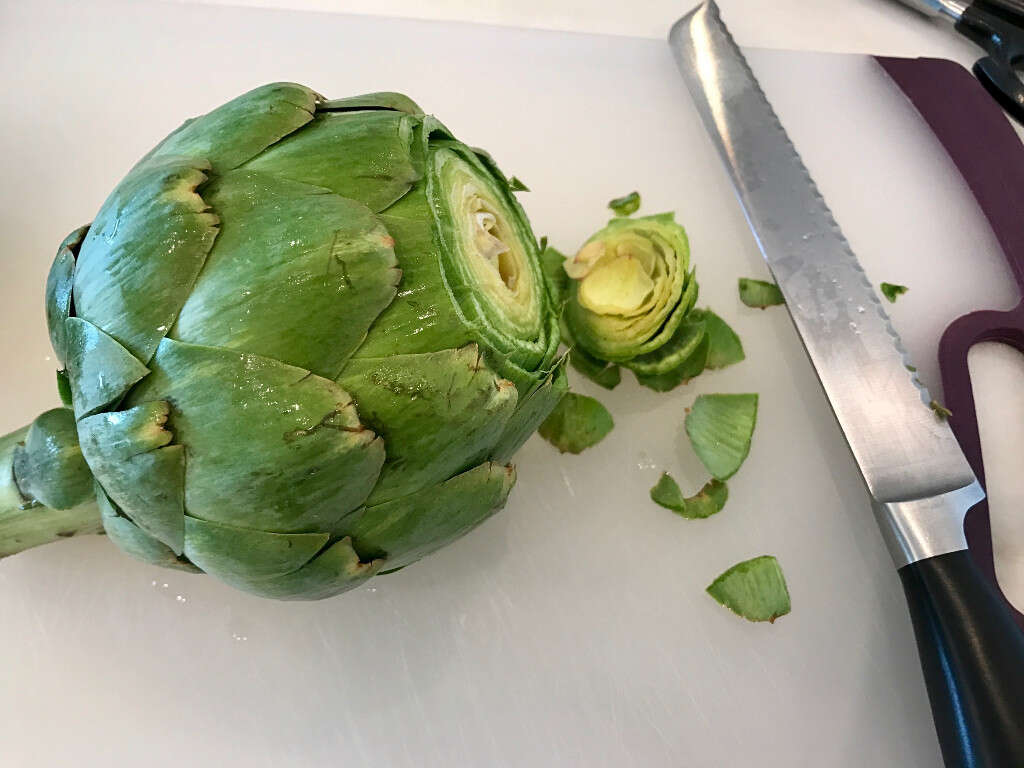
High Protein Vegetable #5: Green Peas
Green peas are a colorful and flavorful addition to meals whenever they are available. They are also a great source of protein besides other nutrients. One cup of green peas contains 8.5 grams of protein which is about 15 percent of the recommended dietary allowance of protein per day. Including green peas in your meals can therefore provide you with a significant portion of your protein needs.
Green peas are also a great source of energy courtesy of a rich store of carbohydrate. Other nutrients found in green peas include fiber, vitamins and minerals. Besides these, green peas also contain phytonutrients including lutein and zeaxanthin. These are known to improve and protect eye health.

High Protein Vegetable #6: Spinach
Spinach is popular as a source of fiber, vitamins and minerals. But it also provides protein. A cup of cooked spinach weighs about 180 grams and contains 5.3 grams of protein. In comparison, 100 grams of cooked beef contains about 30 grams of protein. If you are looking for a vegetable source of protein that does not contain fat, spinach is one of the foods that you should consider.
Spinach is also a rich source of carotenoids, vitamins B6, B9, C, E and K, and various minerals including iron, calcium, magnesium and potassium. Spinach also provides you with loads of free-radical fighting antioxidants.
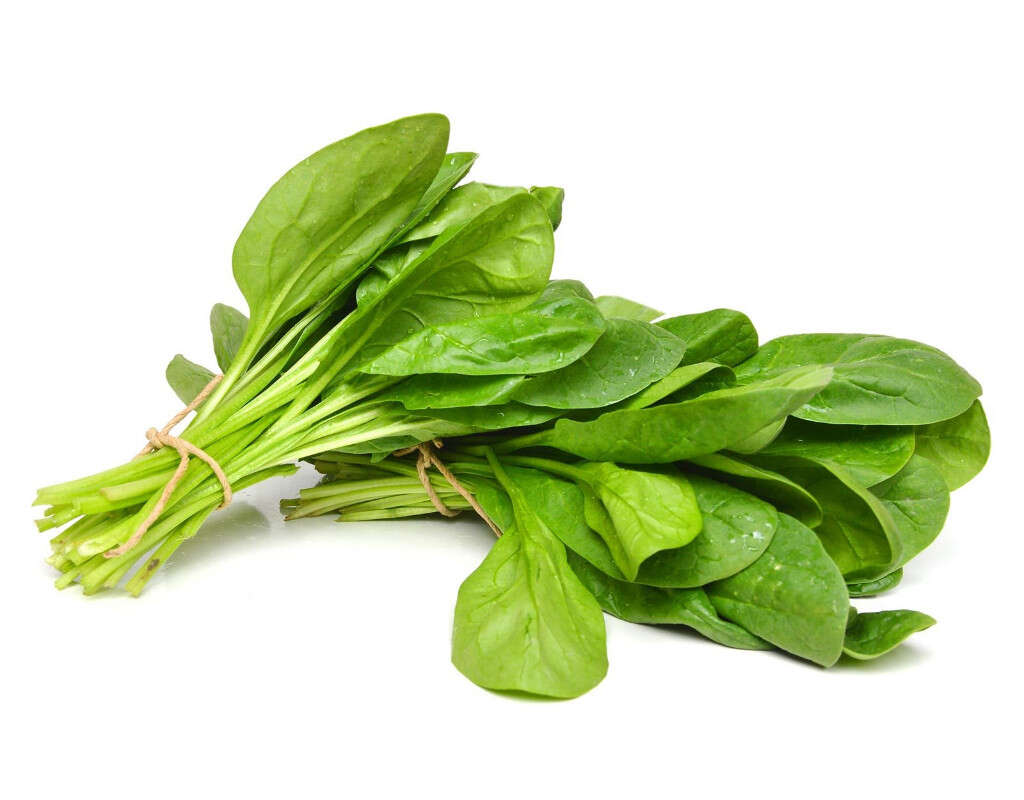
High Protein Vegetable #7: Potato
Because of the bad reputation associated with potatoes, you probably don’t know that you can get some protein from these starchy vegetables. One medium potato with skin contains 5 grams of protein.
Potatoes also contain high amounts of carbohydrate. This is probably the reason of their poor reputation especially when they are fried to make fries. However, when potatoes are cooked in a more healthy way such as baking, they are a great source of nutrients. Besides protein and carbohydrate, potatoes also contain sugar, fiber, vitamin C, potassium and sodium. Make sure you eat the skins too in order to get most of the nutritional benefits of potato.
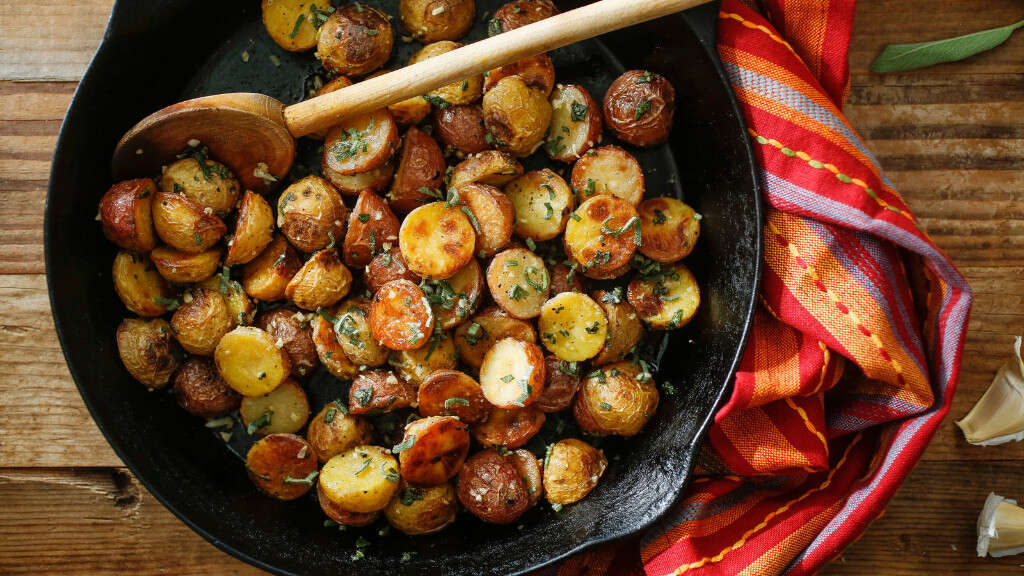
High Protein Vegetable #8: Asparagus
Asparagus is a rich source of the amino acid asparagine, hence the name asparagus. Asparagus is used in various types of dishes. Many people prefer roasted or grilled asparagus spears, but asparagus may also be sautéed or even eaten raw. But do you know that asparagus contains a significant amount of protein?
One cup of cooked asparagus, weighing about 180 grams, contains 4.3 grams of protein. This means that including asparagus in your meals can provide some of the protein that your body requires. Asparagus also contains other nutrients that help maintain and promote your health. These include fiber, vitamins A, C, E, K, folate, and minerals like calcium, copper and iron.
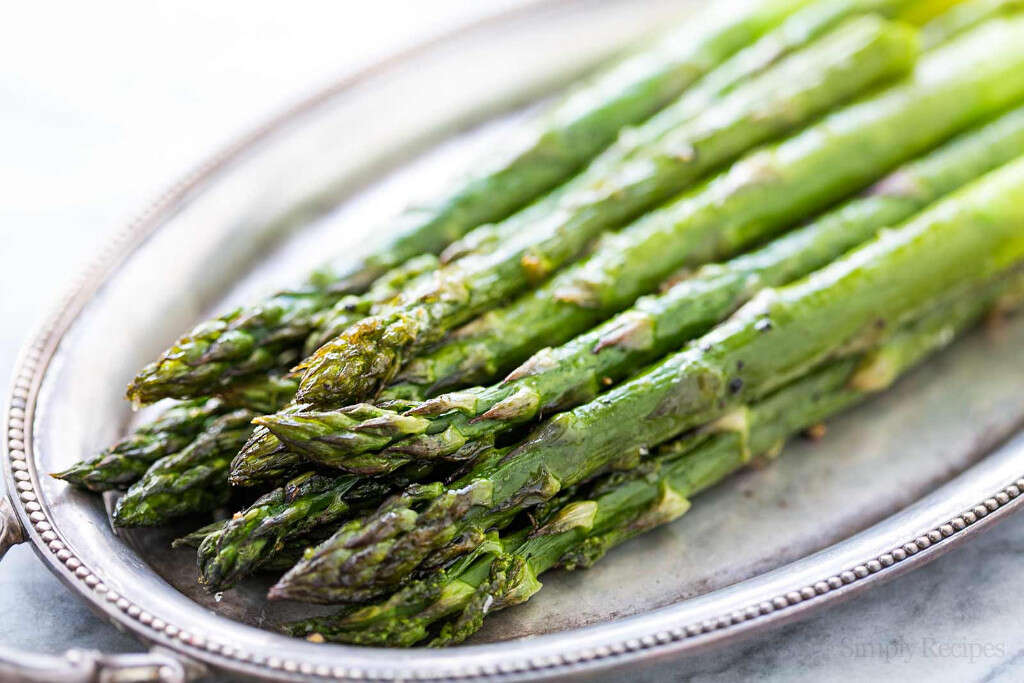
High Protein Vegetable #9: Broccoli
This largely popular vegetable is not just another green veggie. It is a great source of the protein that your body needs. One cup of cooked broccoli contains 3.7 grams of protein. This is comparable to other vegetables like spinach, asparagus and potato. Broccoli may be cooked in a variety of ways including steaming, roasting and stir frying. Whichever way you prefer, broccoli is best when cooked just enough to remain crisp. In fact, you can also eat it raw.
Besides providing protein, broccoli is low in carbohydrate and is therefore a great food for those watching their weight. One cup of cooked broccoli contains a mere 55 calories. Broccoli also contains fiber, vitamins A, C, K, B6, folate, and minerals like iron, calcium, magnesium, potassium and manganese.
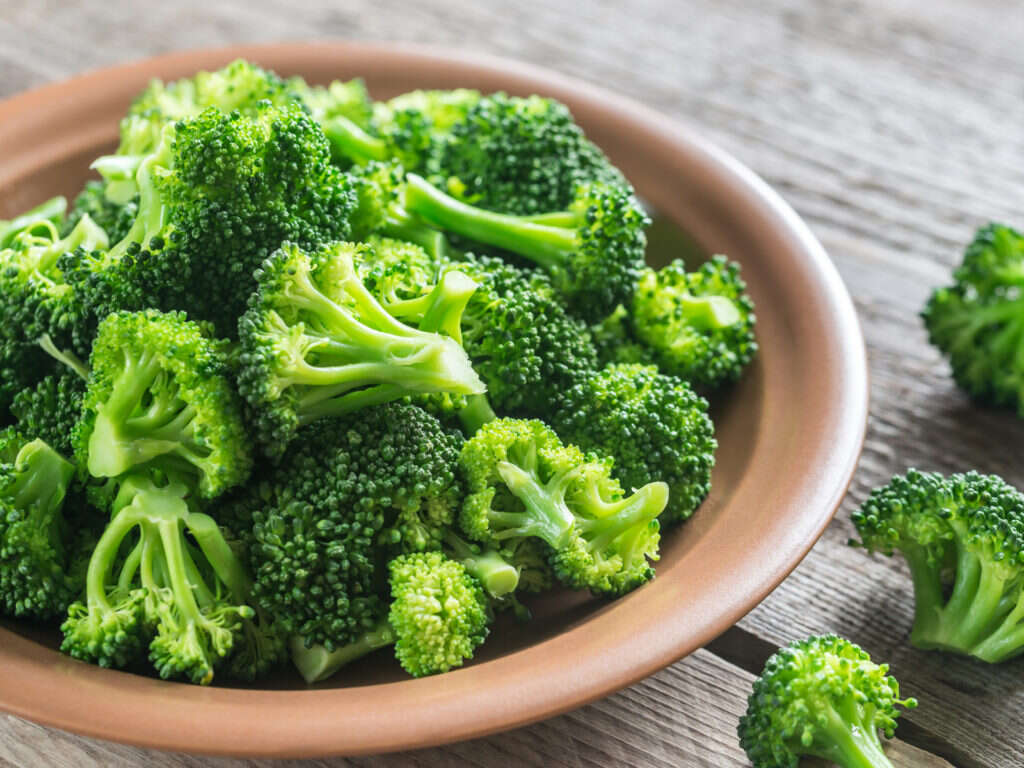
High Protein Vegetable #10: Brussels Sprouts
As with many vegetables, Brussels sprouts are a great source of fiber. But they are also a good source of other nutrients including protein. One cup of cooked Brussels sprouts which weighs about 156 grams contains 4 grams of protein. While this is not enough protein for a day, it is a reasonable portion to complement your main source of protein.
Brussels sprouts can be prepared in a number of ways including boiled, braised, roasted or sautéed. Eat them on their own or as a side dish. Eating Brussels sprouts also provides you with other nutrients like vitamins A, C, K, B6, folate, beneficial phytochemicals, and minerals like potassium and manganese.
